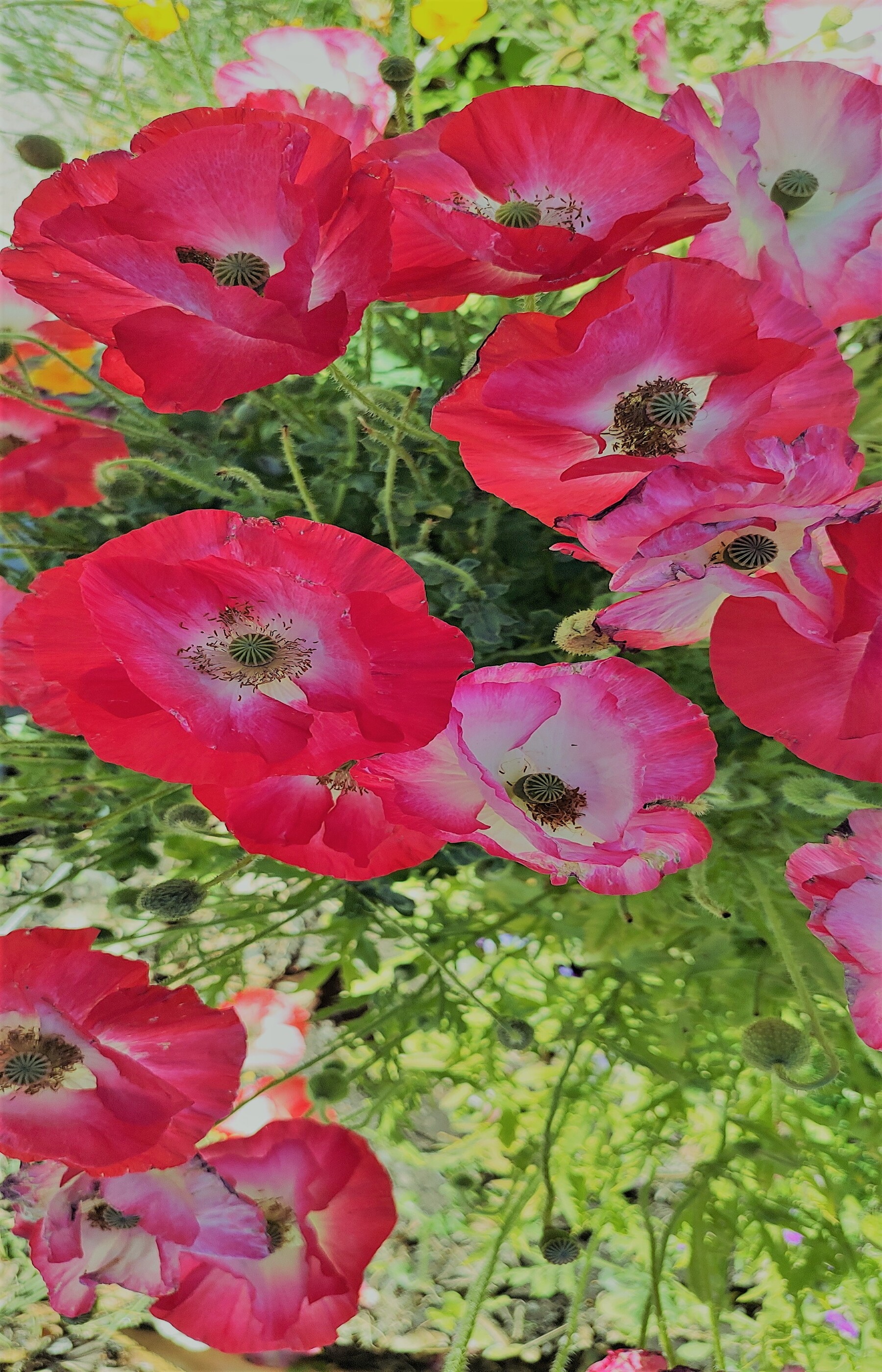A fantasia em Marcuse como abertura emancipatória
DOI:
https://doi.org/10.26512/dasquestoes.v14i1.40201Keywords:
Marcuse, phantasy, domination, emancipationAbstract
The bidimensionality of Marcuse's critical model was an element highlighted by his commentators. However, there are different ways to interpret this bidimensionality. Our perspective is that the focus on the concept of phantasy allows us to interpret this bidimensionality as a tension between two trends that, like the life and death drives, are always merged. The two trends are of liberation and domination. The fundamental aspect is that the opposition between them is mediated by fantasies. Because phantasies introduce a permanent tension, preventing any one of them from prevailing over the other.
Downloads
References
ALLEN, A. Critique on the Couch: Why Critical Theory Needs Psychoanalysis. Columbia University Press, 2020.
FREUD, S. A Perda da Realidade na Neurose e Psicose (1924) Obras de Sigmund Freud – Escritos sobre a Psicologia do Inconsciente (1911-1915). Trad. Luiz Alberto Hanns (Org.). Rio de Janeiro: Imago, 2004, v. 3
______ . Formulações sobre os dois princípios do acontecer psíquico (1911). Obras de Sigmund Freud – Escritos sobre a Psicologia do Inconsciente (1911-1915). Trad. Luiz Alberto Hanns (Org.). Rio de Janeiro: Imago, 2004, v. 1, p. 63-77.
______ . O mal-estar na civilização (1930). Trad. de Paulo César de Souza. São Paulo: Penguin Classics; Companhia das Letras, 2011.
FROSH, Stephen. The politics of psychoanalysis: An introduction to Freudian and post-Freudian theory. Yale University Press, 1999.
HABERMAS, J. Psychic thermidor and the rebirth of rebellious subjectivity. In: PIPPIN, R.; FEENBERG, A.; WEBEL, C. Marcuse: critical theory & the promise of utopia, 1988.
JAY, M. Irony and dialectics: one-dimensional man and 1968. Revista mexicana de ciencias políticas y sociales, v. 63, n. 234, p. 67-83, 2018.
KATZ, Barry; Herbert Marcuse and the art of liberation: An intellectual biography. New Left Books, 1982.
LEAR, J. A Case for Irony [with commentary by Cora Diamond, Christine M. Korsgaard, Richard Moran and Robert A. Paul]. Cambridge: Cambridge University Press, 2011.
MARCUSE, H. Eros e Civilização: Uma Interpretação Filosófica do Pensamento de Freud. LTC Editora, 1999.
______ . Progress and Freud’s Theory of Instincts, 1956. In: Five Lectures: Psychoanalysis, Politics, and Utopia, trans. Jeremy Shapiro and Shierry Weber (Boston: Beacon, 1970), 1970.
______ . O Homem Unidimensional, 1964. Tradução de Robespierre de Oliveira, Debora Christina Antunes e Rafael Cordeiro Silva, São Paulo: Edipro, 2015.
MENKE, C. Tragic Play: Irony and Theater from Sophocles to Beckett [trans. James Phillips]. New York: Columbia University Press, 2009.
RAULET, G. Marcuse’s negative dialectics of imagination. In: ABROMEIT, J. &. COBB, M. Herbert Marcuse. A Critical Reader. Routledge, New York and London, 2004.
ROBINSON, Paul A. A esquerda freudiana: Wilhelm Reich, Geza Roheim, Herbert Marcuse. Civilização brasileiro, 1969.
ROUANET, S. Paulo. Teoria Crítica e Psicanálise. Rio de Janeiro: ed. Tempo Brasileiro, 1983.
Downloads
Published
How to Cite
Issue
Section
License
Copyright (c) 2022 Das Questões

This work is licensed under a Creative Commons Attribution-NonCommercial 4.0 International License.
Authors who publish in this journal agree to the following terms:
Authors maintain the copyright and grant the journal the right of first publication, the work being simultaneously licensed under the Creative Commons Attribution License which allows the sharing of the work with recognition of the authorship of the work and initial publication in this journal.
Authors are authorized to take additional contracts separately, for non-exclusive distribution of the version of the work published in this journal (eg publish in institutional repository or as a book chapter), with acknowledgment of authorship and initial publication in this journal.
Authors are allowed and encouraged to publish and distribute their work online (eg in institutional repositories or on their personal page) at any point before or during the editorial process, as this can generate productive changes as well as increase the impact and the citation of the published work.



